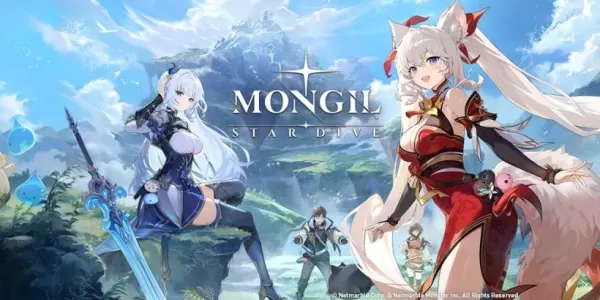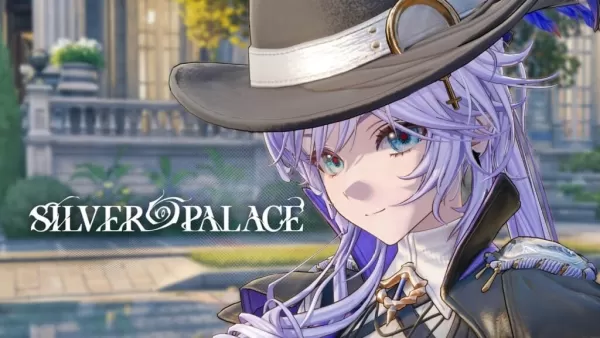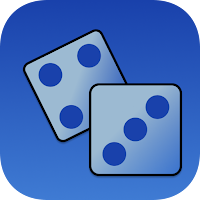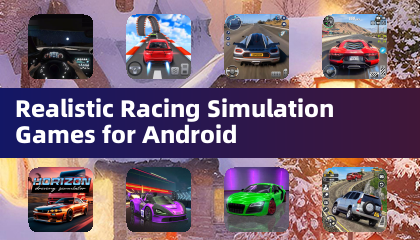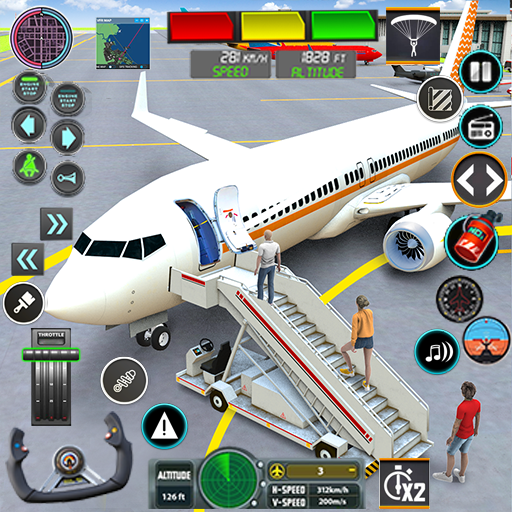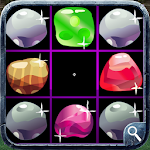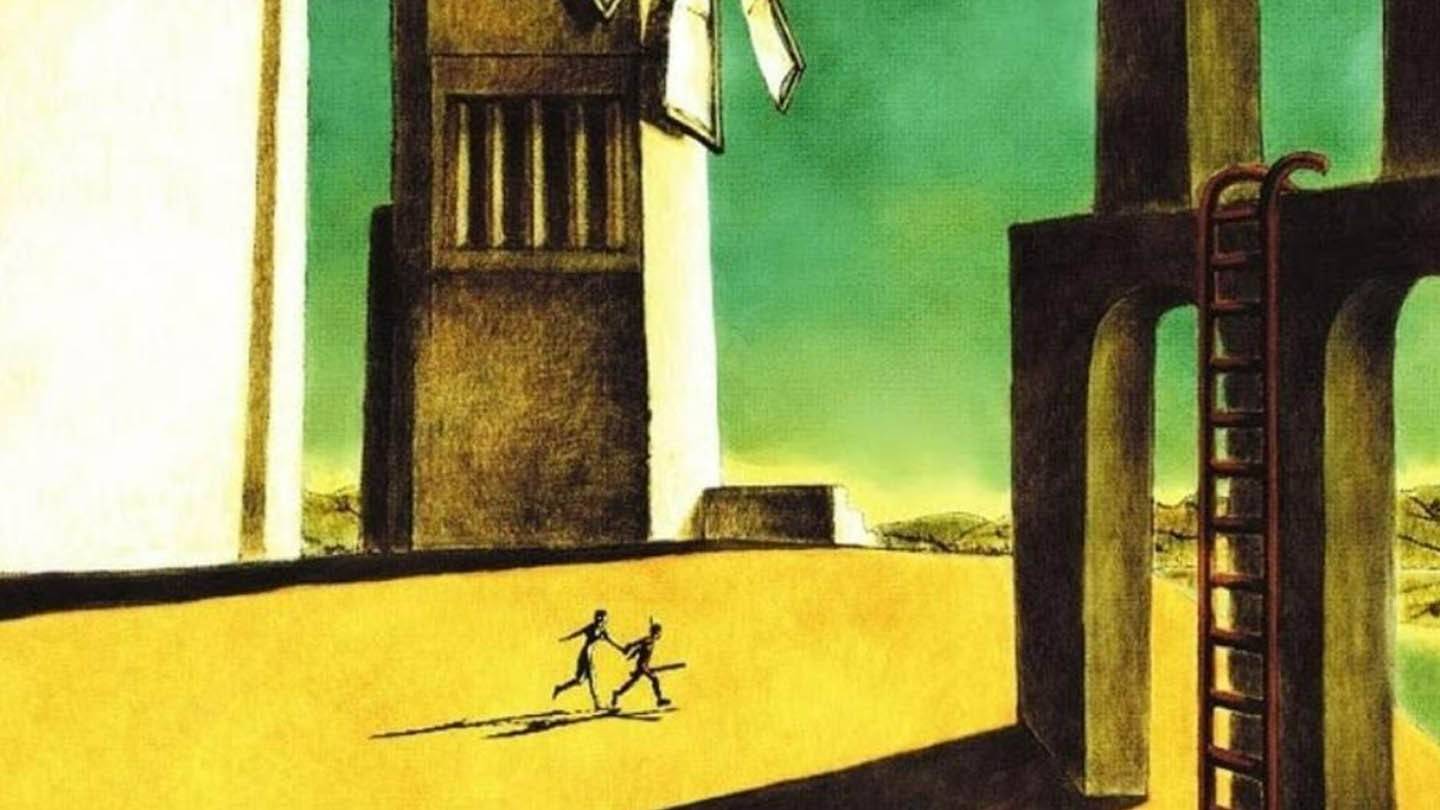
Yoko Taro, the visionary behind the critically acclaimed titles NieR: Automata and Drakengard, has openly discussed the profound impact of ICO on the world of video games as an art form. Released in 2001 for the PlayStation 2, ICO swiftly garnered a dedicated following due to its minimalist aesthetic and compelling, wordless narrative.
Taro has pointed out that ICO's central mechanic, which involves guiding the character Yorda by holding her hand, was a revolutionary departure from the gameplay norms of its era. "If ICO had you carrying a suitcase the size of a girl instead, it would have been an incredibly frustrating experience," Taro noted. He stressed that making players lead another character was a groundbreaking concept, pushing the boundaries of interactivity in games.
At the time of ICO's release, successful game design was often measured by how engaging the experience remained even when reduced to the simplest forms, like cubes. ICO, however, took a different path, prioritizing emotional depth and thematic richness over sheer mechanical innovation. Taro believes that ICO demonstrated that art and storytelling could be more than just background elements; they could be fundamental to the gaming experience.
Labeling ICO as "epoch-making," Taro credits it with altering the course of game development. He lauds the game for showing that video games have the potential to convey deep meanings through subtle interactions and atmospheric design.
Beyond ICO, Taro also highlighted two other games that significantly influenced both him and the industry: Undertale by Toby Fox and LIMBO by Playdead. He argues that these titles expanded the horizons of what can be achieved through interactive media, affirming that video games can offer profound emotional and intellectual experiences.
For enthusiasts of Yoko Taro's creations, his appreciation for these games provides a glimpse into the creative forces driving his work. It also highlights the continuous evolution of video games as a dynamic and multifaceted artistic medium.

